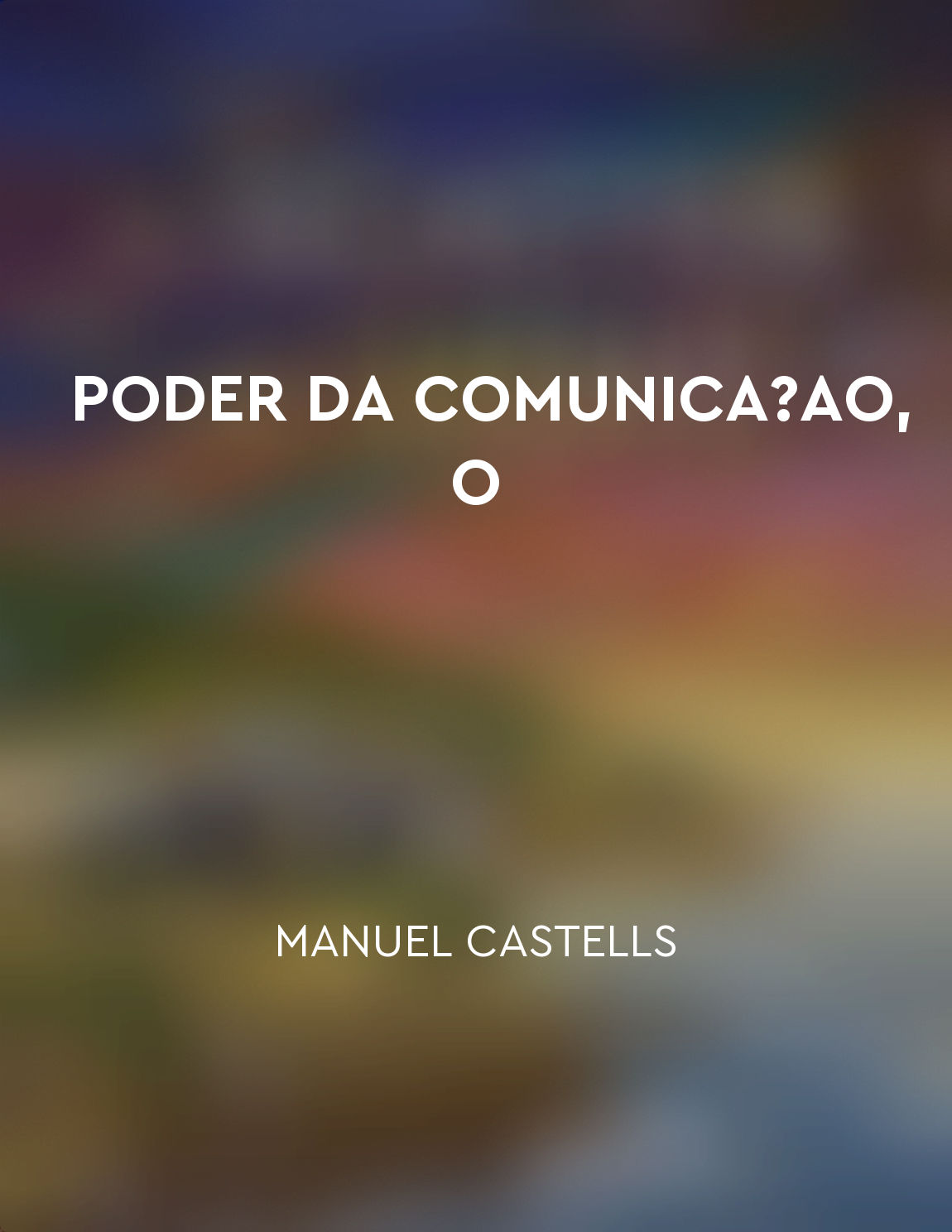The media plays a role in disseminating misinformation from "summary" of The Death of Expertise by Thomas M. Nichols
In the current media landscape, the lines between fact and fiction have become increasingly blurred. The rise of social media platforms and the 24-hour news cycle have created a breeding ground for misinformation to spread like wildfire. This misinformation can take many forms, from conspiracy theories to outright lies, and it can have serious consequences for society as a whole. One of the main culprits in the dissemination of misinformation is the media itself. News outlets are under constant pressure to produce content quickly and attract viewers, often at the expense of thorough fact-checking and verification. This rush to be the first to break a story can lead to inaccuracies being reported as fact, which in turn can perpetuate false information and sow confusion among the public. Furthermore, the media's reliance on sensationalism and clickbait headlines only serves to exacerbate the problem. Stories that are shocking or controversial tend to spread more quickly on social media, regardless of their veracity. This incentivizes journalists and news organizations to prioritize sensationalism over accuracy, further eroding the public's trust in the media as a reliable source of information. In addition to the pressures of the 24-hour news cycle and the drive for clicks and views, the media is also vulnerable to external influences that can shape the narrative in misleading ways. Political agendas, corporate interests, and ideological biases can all seep into news coverage, leading to a distorted view of reality. This manipulation of the facts can have far-reaching effects on public opinion and policy decisions, as people base their beliefs and actions on faulty information.- The media's role in disseminating misinformation is a complex and multifaceted issue that requires careful scrutiny and critical thinking on the part of the public. In a world where anyone with an internet connection can become a publisher, it is more important than ever to be vigilant about the sources of information we consume and to seek out trusted and credible sources for news and analysis. By holding the media accountable for the accuracy of their reporting and being discerning consumers of information, we can help combat the spread of misinformation and uphold the integrity of the fourth estate.
Similar Posts
Punishment does not always deter crime
The idea that punishment is an effective deterrent to crime is deeply ingrained in our society. However, the reality is that th...
Need for sustainable development
Sustainable development, a concept that has gained increasing importance in recent decades, refers to the practice of meeting t...
Reflect on the significance of revolutions in shaping political ideologies
The revolutions that have marked the course of human history have not only led to changes in political structures but also play...

The rise of social media has given voice to the previously marginalized
In the digital age, the emergence of social media platforms has revolutionized the way people communicate and interact with eac...
Facts alone do not determine public opinion
In the realm of public opinion, it is often assumed that facts alone have the power to shape and determine the beliefs and atti...
The internet offers vast amounts of information
The internet is a vast repository of information that is easily accessible to anyone with an internet connection. With just a f...

